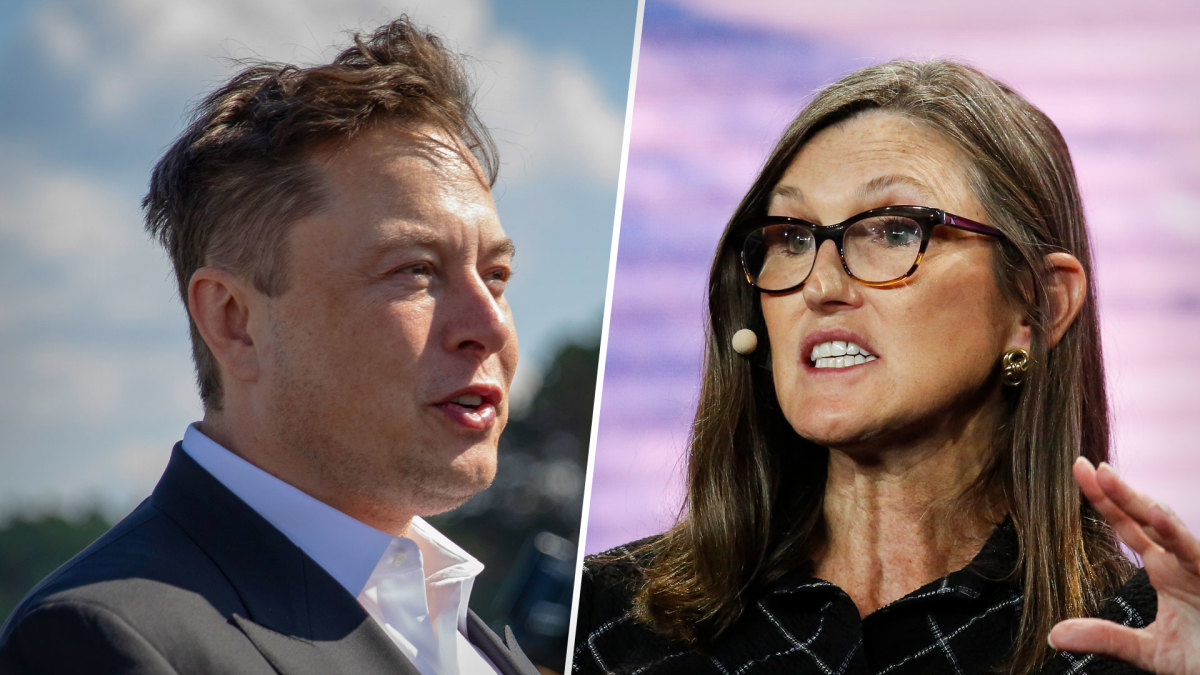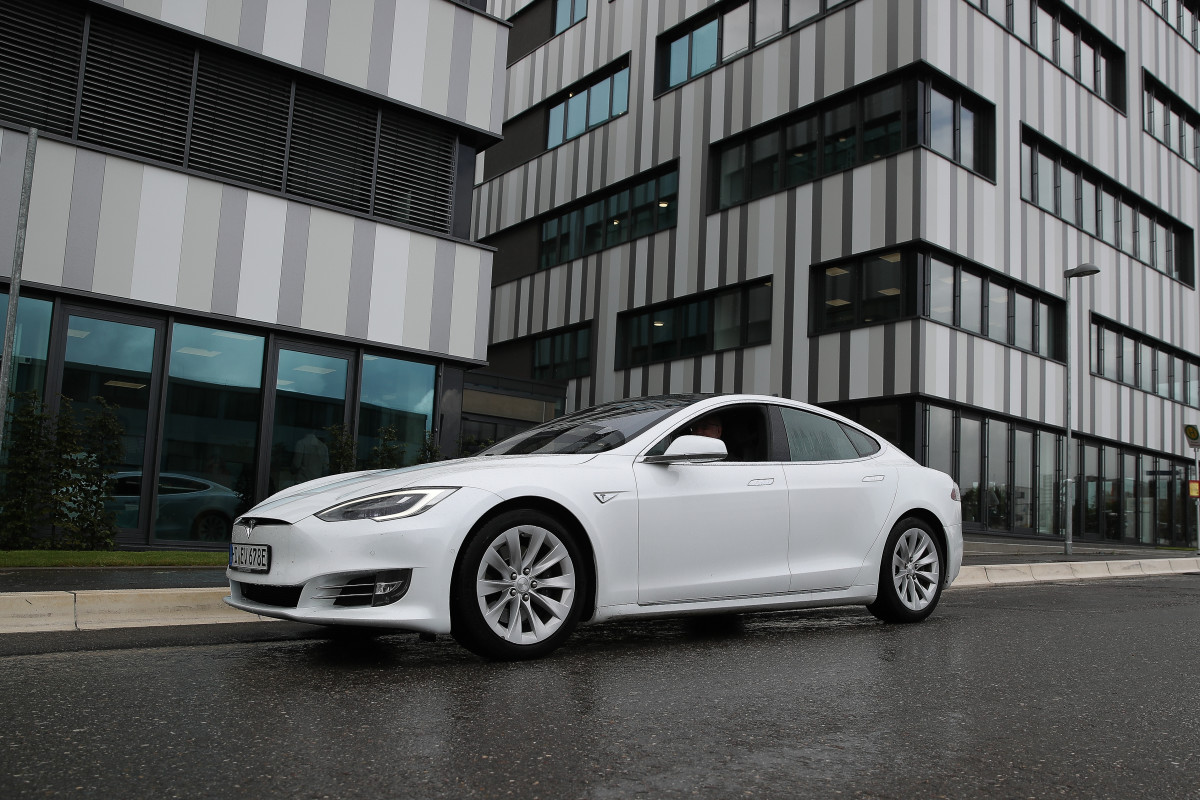
Last week, Cruise, the robotaxi unit under the umbrella of General Motors GM, shuttered its driverless operations across all its fleets for the foreseeable future. The decision to do so came days after the California Department of Motor Vehicles revoked the company's license to operate driverless vehicles in the state, citing safety concerns.
The operational pause was initiated, according to a statement, to give Cruise more time to re-examine the safety of its processes and systems.
"The most important thing for us right now is to take steps to rebuild public trust," Cruise said in a statement. "Part of this involves taking a hard look inwards and at how we do work at Cruise, even if it means doing things that are uncomfortable or difficult."
Related: Cathie Wood's super bullish Tesla stance tested after latest earnings
The company said that supervised autonomous driving will continue.
Responding to the decision, Cathie Wood of Ark Invest said that, though some might view the operational pause as a "ding" to autonomous vehicles, Ark Invest does not.
"We think transportation is going autonomous," Wood told Bloomberg. "We've been moving in this direction for a very long period of time. The biggest question is what about that last mile?"
Wood, who thinks that the robotaxi sector will be generating at least $8 trillion in revenue by 2030, remains staunch in her view that Elon Musk's Tesla TSLA is in the pole position to see the bulk of that upside. Wood in April projected that by 2027, Tesla will be trading at $2,000 per share; much of her Tesla bull thesis is centered around autonomous driving and robotaxi fleets, which Ark has said will significantly boost Tesla's gross margins.

But despite Musk's consistent predictions that self-driving is right around the corner, it has yet to materialize. Tesla's FSD technology remains stuck at a Level Two classification, meaning it requires hands-on and eyes-on attention, a hallmark that is simply not good enough to transfigure any current Tesla into a robotaxi.
"I know I’m the boy who cried FSD,” he said on Tesla's second-quarter earnings call. “But man, I think we’ll be better than human by the end of this year.”
And with Wood's projection predicated on Tesla's success in self-driving, she is well aware that his predictions have thus far been fruitless. But she remains unconcerned.
Related: What's stopping Tesla from achieving Level 3 self-driving
"Elon's been predicting fully autonomous for maybe the last three or four years. Of course, that's very Elon. He's driving the company towards that," Wood said, noting that these bullish predictions are how Musk "motivates his employees and gets his suppliers ready and so forth."
But in conversations with Ark Invest, Wood said that Musk has acknowledged the difficulty of pushing autonomy over that "last mile" needed to achieve a self-driving vehicle good enough to operate as a robotaxi.
"When we talk to him, he's basically saying, 'yeah, you're right. It is a tough problem,'" Wood said. "Because of the regulatory concerns, autonomous vehicles can't just be better than human beings."
Still, Wood is convinced that with the number of breakthroughs happening in the field of artificial intelligence, and with the sheer quantity of driving data that Tesla compiles on a daily basis, the company remains poised to see explosive growth in the sector.
Following the company's third-quarter earnings, Ark said that its projection has robotaxi gross margins pegged at around 50%, well above the steadily falling 17.9% margins it reported for the quarter.
Experts have told TheStreet that Tesla will be pinned at a Level Two self-driving classification until it embraces lidar or a similar system, which would create a built-in redundancy that Tesla's FSD currently lacks.
Tesla did not respond to TheStreet's request for comment.
Related: Why Tesla stock is crumbling — and where it could go next
Get investment guidance from trusted portfolio managers without the management fees. Sign up for Action Alerts PLUS now.







